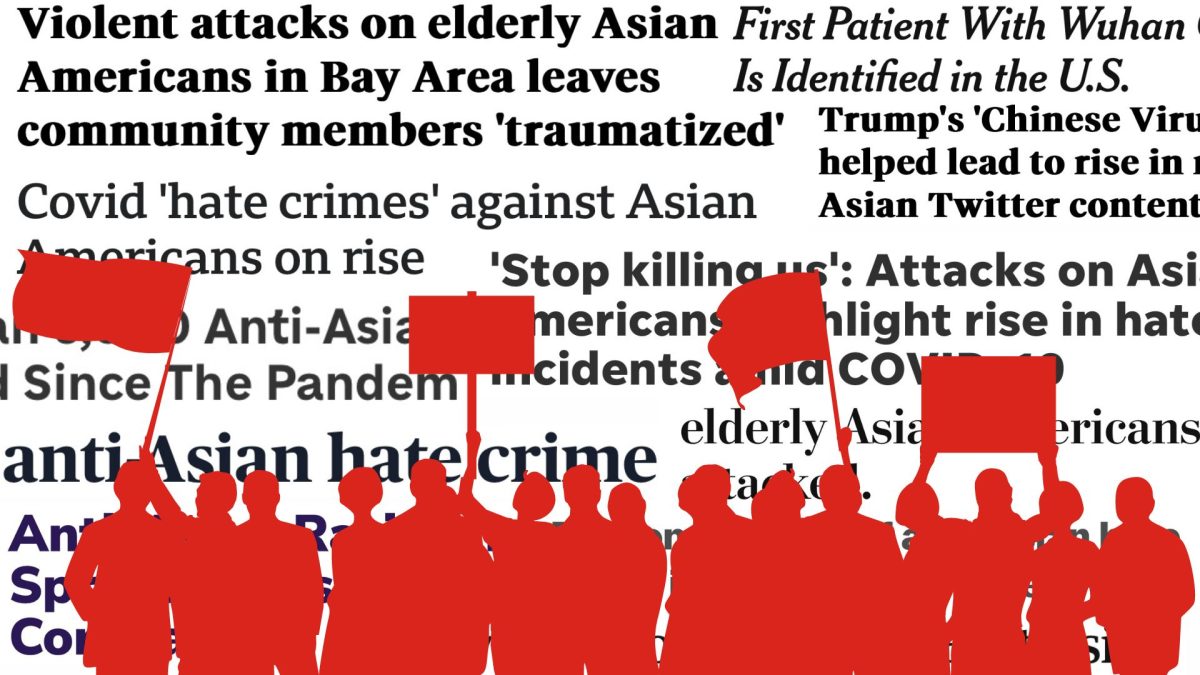The following is a distillation of the six local ballot measures that will appear on the upcoming ballot for the Nov. 5 election, sourced primarily from the text of the measures.
Proposition A: San Francisco Bond Issue for Affordable Housing
If Prop. A passes, the city will issue $600 million in bonds to fund the purchase and construction of affordable housing for various groups. The specified distribution of funds is as follows:
- $220 million for extremely low and low income individuals
- $150 million for public housing
- $150 million for senior housing
- $60 million to purchase and preserve affordable rental housing
- $20 million of assistance for employees of the San Francisco Unified School District and City College of San Francisco
The $600 million worth of bonds, spurred by the ongoing housing crisis, must be repaid with interest in 30 years, partially through gradual increases in property taxes. Landlords may pass half of this cost increase onto their tenants.
Proposition B: San Francisco Disability and Aging Services Charter Amendment
Proposition B would change the name of San Francisco’s Aging and Adult Services department to Disability and Aging Service.
Aside from changing the name, the measure would also create specific requirements for the seven-person commission that controls the department. All seven members are appointed by the mayor but, if the proposition passes, at least one member must be at least 60 years old, one must be a person with a disability and one must have served in the U.S. Military.
“Older adults are the fastest growing age group in San Francisco, and there are over 90,000 people with disabilities living in our City. By 2030, almost 30% of our community will be (composed) of older people and adults with disabilities,” Shireen McSpadden, executive director for the San Francisco Department of Aging and Adult Services, said in an annual report earlier this year.
Proposition C: Authorize and Regulate Sale of Electronic Cigarettes and Vapor Products Initiative
Residents placed Prop. C on the ballot through a petition after the city’s Board of Supervisors voted to ban the sale of electronic cigarettes earlier this year. The measure would overturn the ban while adding regulations to decrease the rate of underaged consumption. The measure’s primary supporter was Juul Labs, which loaned $11.5 million to the campaign to push for the passage of Prop C — that is, until the company pulled their support of the measure at the end of September.
“I am committed to seeing that JUUL engages productively with all stakeholders, including regulators, policymakers and our customers. This decision does not change the fact that as a San Francisco-founded and headquartered company we remain committed to the city,” said Juul Labs CEO K.C. Crosthwaite in a public statement announcing the decision.
In response to this announcement, Prop. C campaigners also announced they would cease their push for the measure’s passage. Regardless, with these announcements coming just over a month before the election, it was too late to pull the measure itself, so Prop. C will appear on the ballot.
Proposition D: San Francisco Ride-Share Business Tax to Fund Muni, Pedestrian, and Bicycle Services and Infrastructure
If voters pass Prop. D, the city will begin taxing ride-hail businesses and directing the revenues to the San Francisco Municipal Transportation Agency and the San Francisco County Transportation Authority. The city will impose a 1.5% tax on shared rides and rides in zero-emission vehicles, as well as a 3.25% tax on single-passenger rides.
Supervisor Aaron Peskin and representatives from Uber and Lyft negotiated the tax rates. They’re lower than those of similar taxes in other cities, but in exchange the two ride-hail companies agreed not to fight the measure.
The tax would take effect Jan. 1, 2020, and produce between $30 million and $35 million, according to the measure. Half of this money would go to the SFMTA for Muni maintenance and potential expansion, and the other half would go to the SFCTA for pedestrian and cyclist safety. The measure exempts taxis, but it taxes driverless vehicles should they be used for ride-hail business in the future. The measure would expire in 2045.
Proposition E: San Francisco Reduced Zoning Restrictions for Affordable Housing and Educator Housing Projects
San Francisco prohibits residential structures from being built in public zoning districts, which can only contain businesses or public amenities. Prop. E would allow “100% affordable and educator housing projects” to be built in these public zoning districts.
This housing must be affordable to those who earn 120% of the neighborhood’s average median income or lower. One-hundred percent affordable housing projects built under this measure must be affordable to those making a maximum of 80% of the area’s average median income. The Mayor’s Office of Housing and Community Development will be responsible for determining rent and sale prices, along with identifying applicable properties.
These reduced restrictions would shorten development timelines and decrease construction costs in the process, according to City Controller Ben Rosenfield.
Proposition F: San Francisco Campaign Contribution Restrictions and Advertisement Disclaimer Requirements
Prop. F prohibits donors from making land-use-related contributions to the mayor, the city attorney, San Francisco supervisors or any candidates to those offices if the prospective donor has a financial interest in a relevant project or works for a company with a financial interest in a relevant project.
The measure, if passed, would also alter the current requirements placed on campaign ads across media. The primary change proposed in the measure would compel advertisers to disclose the names and donation amounts of the top three donors for printed, video and audio ads.








